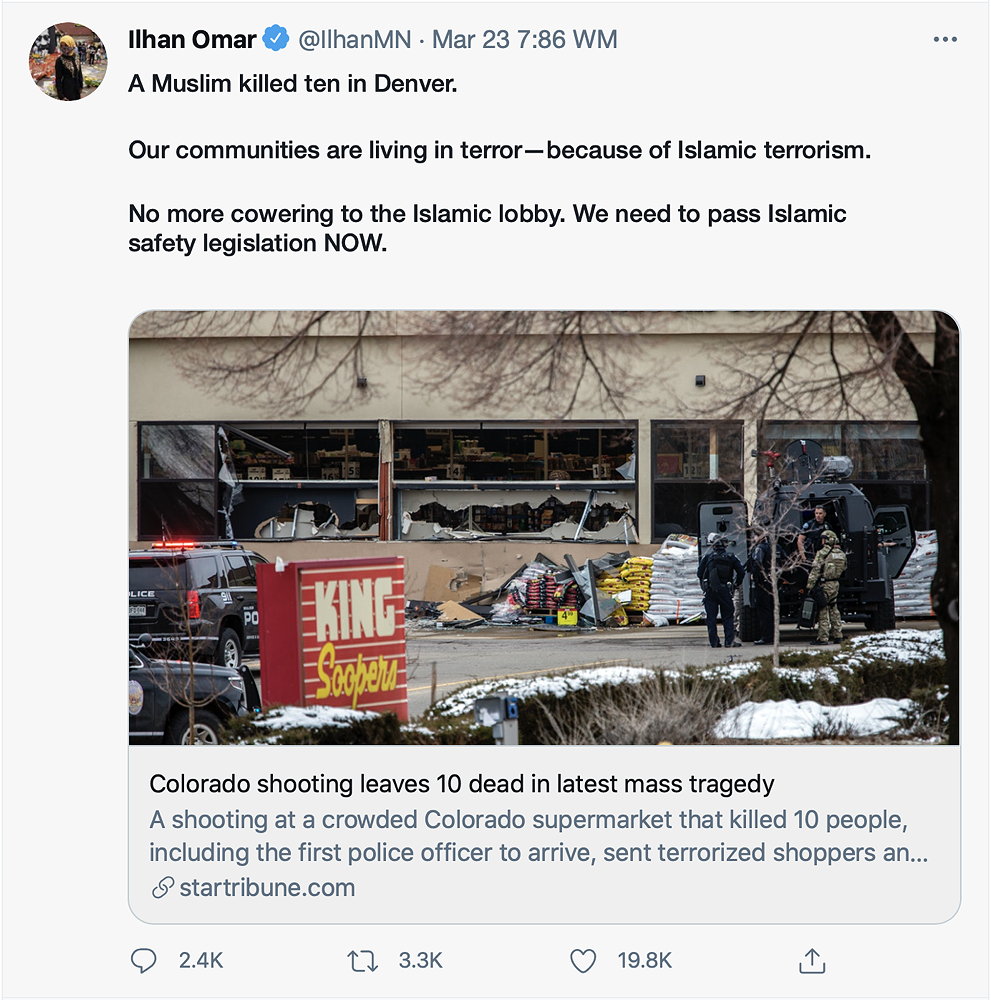New Jersey Supreme Court enacts two-party state
Court says that regardless of other candidates, ballots must have both Democrat and Republican candidates “to allow voters a choice”.
A law designed to block third party access to ballots but which inadvertently also blocked Democrat access, has been modified by the New Jersey State Supreme Court to allow major parties to bypass the law. The law had threatened to leave a disgraced Democrat on the New Jersey ballot.
While the intent of the law--to treat the two major parties preferentially--was clear, the wording was unclear, and appeared to block all parties, not simply third parties, from switching losing candidates within 51 days of the election. Pundits had been unsure how the New Jersey Supreme Court would differentiate between third parties and major parties, however. “It’s unlikely a court will rule for a replacement candidate,” said Rutgers University law professor Frank Askin before the ruling came down. “The Democrats are grasping at straws.”
The court recognized the problem it faced. In its seven-page ruling, the court said it was more important to have a ballot “bearing the names of candidates of both major political parties” than to follow election law.
The court acknowledged that “it is the general intent of the election laws to preserve the two-party system.” The justices added that “while the letter of the law preserves the convenient fiction that voters elect individuals, not parties, we all know that it isn’t true.” In their unanimous decision the justices wrote that “everyone knows” that election laws were designed to restrict ballot access by third parties without restricting Republican or Democrat access.
The court noted that there is no interest in voters having a lengthy period of time to learn of a candidate’s views, record, and character, “since voters are not electing candidates. They are electing parties.” Since the intent is to elect parties, and not individuals, the court ruled that there must be a candidate from each major party available.
“We specifically differentiate between major parties and minor parties, because minor parties don’t matter,” noted the court. “To the extent that they do matter, they are dangerous. We can’t have the voters forced to choose only between the Republicans and lesser parties. Who knows what they might do?”
The court ruled that in the interests of blocking third party candidacies, any party which can afford to pay for ballot reprintings can request that their candidate be changed within the 51-day limit. According to the court, election laws should be “broadly interpreted” in favor of major political parties, “to allow the voters a choice.” The court ruled that while there remain four or five candidates on the ballot irrespective of Senator Torricelli, a choice between four or five candidates “is not really a choice if the Democrats are not on the ticket.”
“We feel that the court implemented a sound strategy for separating major parties from third parties,” said Democrat lawyer Angelo J. Genova. “If they can afford to pay for reprints, they’re a major party. Otherwise, they aren’t. At eight hundred grand, we’re pretty sure this ruling cuts third parties out of the picture.” Genova added that the ruling might need to be revisited if the state ever moves to electronic ballots. “If the cost of a reprinting ever drops to nearly zero, obviously that will no longer be a barrier to third parties, so we’ll have to change it.” Genova called that “an ambiguity for later generations.”
According to Democrats, this ruling is exactly what the law needed to clear up its ambiguities. “The court ruling got to the heart of the problem,” said Genova. “The justices went to the foundation of our political process for their answer: those with money can bend the law. It is elegant in its simplicity.”
“This is an extremely useful ruling,” said Democrat strategist Mark Mellman. “This allows us to expel poorly-performing candidates from the party, and since they’re no longer a party member, we’ll get to replace them on the ballot. The voters, after all, deserve a candidate from both parties.”
Mellman also praised the court for enshrining the two-party system into law. “In the past, when we wanted to pass laws that gave preferential treatment to specific political parties, we needed to do so surreptitiously; we needed to try to appear to be fair to third parties. The court just told us we no longer need to do that. Our party matters; other parties do not. We get on the ballot no matter what the law says.”
Commentators noted that the Republicans, while appealing the decision, were unlikely to win, being hampered by their desire neither to overturn the two-party state the court created, nor to bring undue attention to third party candidacies. “Unless they’re willing to challenge the New Jersey court’s ruling that voters elect political parties,” said Walden University Law Professor Barbara Boopstein, “they haven’t got a leg to stand on.”
- New Jersey Supreme Court Rules in Favor of Dems Replacing “Torch” on Ballot
- The court says that it is important to have a ballot “bearing the names of candidates of both major political parties”.
- U.S. court allows late candidate switch
- The voters must be allowed a choice... and apparently, without the Democrats, there is no choice.
- N.J. Department of Law & Public Safety—Division of Elections
- Their PDF file says there are four choices other than Torricelli and Forrester. (Although I can only see three actually listed, with one blank page in Acrobat.)
- N.J. High Court Ballot Decision Is Uncertain
- Democrats scrambling to “bend” election laws in New Jersey.
- Why The Dems Won Round One In NJ
- “It is the general intent of the election laws to preserve the two-party system and to submit to the electorate a ballot bearing the names of candidates of both major political parties.” We all knew that was the intent. I didn’t know that they would come right out and say it.

